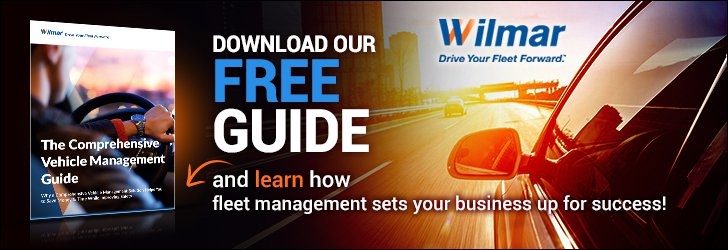
Running a fleet for small and large businesses alike poses several risks for the fleet driver, the company, and the general public at large.
Potential Risks a Fleet May Face
Every day, more and more companies dedicate resources and find strategies to mitigate the risks that their fleets face.
As businesses use fleets to offer their services on roads around the country, they are always an error away from:
- Accidental liabilities
- Regulatory fines
- Asset damage
- Litigation
- Injury or even death of employees.
The Need for Fleet Risk Management
Faced by the above risks, businesses have to find a way to minimize and even reduce the damages caused by fleet risks. Fleet risk management is now and continues to be a priority for fleet managers.
This has been fueled by:
- The need to avoid costly fines and losses
- The growing number of regulatory demands at all levels of government
- Public awareness and preference for safer companies
What Is Fleet Risk Management
Fleet risk management is the process by which companies ensure that their drivers, other fleet employees, and vehicles are safe and secure. It also involves the development of contingency plans to mitigate risks when they arise.
Steps to Manage Fleet Risk
Fleet Risk Management understands and appreciates that fleets comprise of different vehicles spread out over several industries. There is no one size fits all solution.
Reliable fleet managers come up with custom solutions tailored to meet the needs of a specific business and the risks it is most likely to face.
Compliance
In recent years piles and piles of regulation and red tape have been passed into law. Navigating the regulatory maze at the federal, state, and local can be a nightmare. The first step in fleet risk management is ensuring that your fleet keeps up and complies with all regulations. This can be made easier by outsourcing to a reliable fleet manager with years of experience in fleet management.
Driver Training
The safety and future of your fleet lie at the hands of your drivers. Training and retraining drivers are one of the most effective ways of having a safer fleet. Trained drivers are less likely to get into fatal accidents or damage your fleet.
Telematics
To the joy of fleet managers, this 21st century provides unlimited amounts of technology. Using fleet cars with Telematics Compatibility can dramatically improve driver safety. Dashcams and speed recorders, for example, can be used to alert when the driver exhibits reckless behavior that may put lives at risk.
Fleet Management Software
Including fleet management software in your fleet management can help you have safer and compliant fleets. This software can monitor drivers and their performance. They can also give timely alerts on regulatory and maintenance deadlines.
Maintenance
To have a safer fleet, the fleet vehicles have to be regularly maintained. All safety efforts will always be in vain so long as the fleet vehicles themselves are in bad shape. Regular servicing, repair, and replacement of damaged parts is a crucial pillar in having safer fleets.
Insurance
Insurance of the vehicles, drivers, and the company at large is essential for fleet safety. If your fleet is unfortunately involved in an accident, insurance covers your business from the losses that may arise from the accident. It may also replace your fleet vehicle and pay for the driver's medical expenses.
Advantages of Fleet Risk Management
For businesses that embrace it, fleet risk management comes with a big bag of benefits, including:
1. Employee Safety
Most important of all is employee safety. Fleet risks management ensures that your drivers and other staff work in a safe environment. It also ensures that your drivers don't put their lives or that of others at risk.
2. Regulatory Compliance
FRM ensures that your fleet meets federal, state and local requirements on the safety of your fleet and drivers. This way, you can avoid the costly fines and legal battles associated with non-compliance.
3. Saves Cost
FRM keeps your business from incurring massive losses from the risks it faces. Insurance costs, accident liability costs, litigation fees, and fines are significantly reduced using fleet risk management.
4. Upholds Brand Reputation
Having a fleet that is famous for putting innocent lives at risk, and disregarding employee safety will damage your business's brand. FRM enables you to uphold your reputation as a reliable and responsible business.
Here at Wilmar Inc, we have been providing fleet solutions for several companies for 40 years now. Contact us today for any inquiries about fleet leasing or to let us be part of your amazing story.








